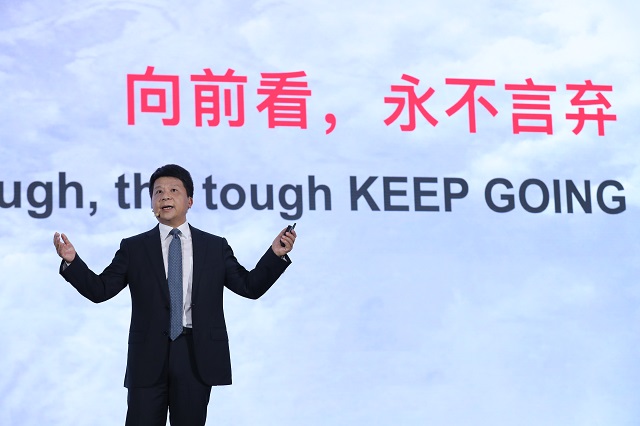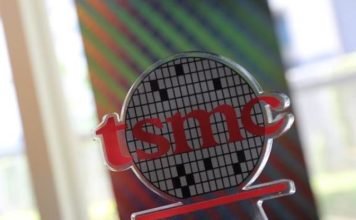Huawei Technologies in its first official response to the Donald Trump administration’s move to curb its access to chip supplies called it “arbitrary” and said its business would be impacted.
 “We expect that our business will be affected. We will try all we can to seek a solution,” said Huawei Chairman Guo Ping in his keynote speech at Huawei’s annual global analyst summit on Monday.
“We expect that our business will be affected. We will try all we can to seek a solution,” said Huawei Chairman Guo Ping in his keynote speech at Huawei’s annual global analyst summit on Monday.
“Survival is the key word for us at present,” Guo Ping said in a Q&A.
Guo Ping said Huawei was committed to complying with U.S. rules and it had significantly increased R&D and inventory to meet U.S. pressures, Reuters reported.
Friday’s move by the U.S. Commerce Department expands U.S. authority to require licences for sales to Huawei of semiconductors made abroad with U.S. technology, vastly extending its reach to halt sales to the world’s No. 2 smartphone maker. Huawei is also the number one telecom equipment maker.
Huawei was added to the Commerce Department’s “entity list” a year ago due to national security concerns, amid accusations from Washington that it violated U.S. sanctions on Iran and can spy on customers. Huawei has denied the allegations.
Huawei said the new U.S. decision was “arbitrary and pernicious, and threatens to undermine the entire industry worldwide”.
“Huawei categorically opposes the amendments made by the U.S. Department of Commerce to its foreign direct product rule that target Huawei specifically,” it said in a statement, adding that Washington adding it to the entity list a year ago was also without justification.
Guo Ping said that Huawei spent $18.7 billion buying from U.S. suppliers last year and would continue to buy from them if the U.S. government would allow it. He said customers have stood by the company, but acknowledged it had become harder to win contracts since the company was added to the entity list.
The company has had to rewrite 60 million lines of code and invest 15,000+ man years in research and development in a bid to deal with pressures created by being placed on the entity list.
It said Huawei has since remained committed to complying with all U.S. government rules and regulations, but despite its efforts, the U.S. government has decided to proceed and completely ignore the concerns of many companies and industry associations.
Huawei, which needs semiconductors for its smartphones and telecoms equipment, has found itself at the heart of a battle for global technological dominance between the United States and China, whose relationship has soured in recent months over the origins of the deadly coronavirus.
Taiwan Semiconductor Manufacturing (TSMC) has stopped new orders from Huawei Technologies in response to Washington’s move aimed at further limiting chip supplies to the Chinese company, the Nikkei reported on Monday.





